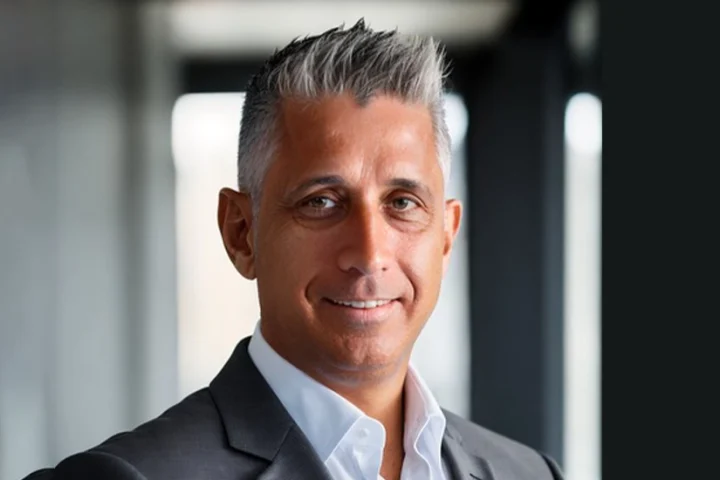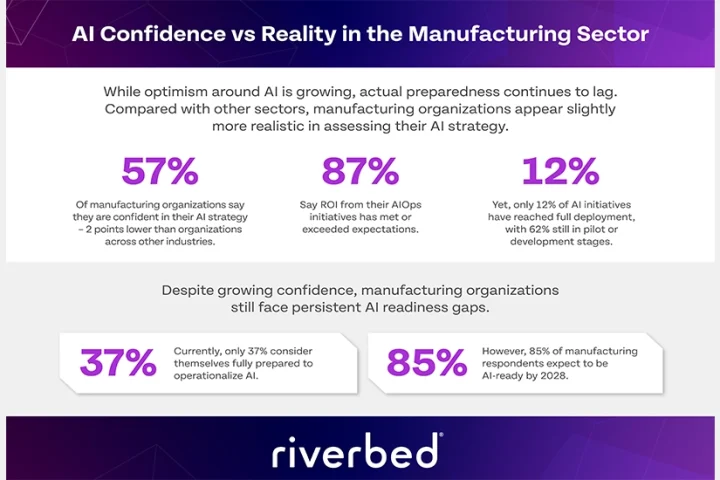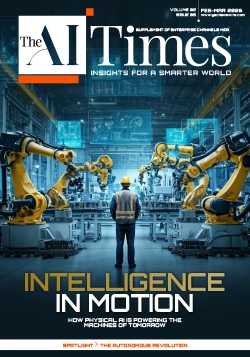Abboud Ghanem, Regional Vice President, Middle East and Africa, Alteryx, shares the company’s outlook for 2021 and guidance to help decision makers better strategise and leverage technology to suit individual business requirements.
The predictions focus primarily on key learnings from the past year, as well as anticipated trends and areas of clear business necessity. At the core of these forecasts, Alteryx identifies better use of data analytics and process automation, in addition to investments in upskilling as areas which are pivotal to aiding sustained growth in the digital age.
The analytic divide
Like the much-publicised digital divide, an analytic divide is also starting to emerge. Many companies were driven to invest in analytics due to the pandemic, while others were forced to cut anything they did not view as critical, simply to keep the lights on, and a proper investment in analytics was, for these organisations, one of the first items on the chopping block. This means that the analytic divide will further widen in 2021, and this trend will continue for many years to come. Without a doubt, the winners and losers in any industry will continue to be defined by those that are leveraging analytics and those that are not.
Data democratisation
It is the job of the Chief Data Officer to ensure expansion of growth across the entire business. This can be achieved by providing structured data that people can actually use. A successful CDO should democratise data so that it is accessible and understandable by people. A good CTO will complement the CDO by creating the necessary tooling to find the required data. This means giving users a set of visualisation and reporting tools that allow them to identify trends and key learnings. The new year will bring closer collaboration between these two roles, driven by sheer necessity. If a business has tools with ‘bad’ data, data challenges are exacerbated. If there are limited tools, only a small subset can exploit that data for the good of the organisation and the audiences it serves.
Citizen data scientists
Using a powerful analytics platform that enables machine learning capabilities is crucial to detecting and addressing cybersecurity threats more rapidly, providing the ability to examine large volumes of data, identifying patterns and deliver actionable intelligence. With the further democratisation of data, industries will witness citizen data scientists increasingly playing a key role in helping security teams enhance and simplify their cyber defence technologies by precisely detecting future attacks, proactively identifying security blind spots across the network and protecting valuable company information.
The zero-trust approach
The work-from-anywhere concept has created an opportunity for CISOs to consider strategic approaches for managing non-traditional security risks. To accommodate this shift, corporate security departments will begin expanding the perimeter into employees’ homes to ensure that cyber risks are not unknowingly introduced into the corporate network. CISOs must work with HR teams to increase employee awareness of cybersecurity measures, proactively recognising and reporting risks. CISOs adopting the zero-trust model will be able to improve secure access to corporate resources through continuous assessment and intent-based authentication policies.
Upskilling plays a bigger role
While it is always important for companies to offer training to their employees, the fields of data science and digital transformation are challenging companies to break the mould and deliver new and constantly evolving ways to upskill and deliver ROI. Upskilling programmes that help people learn and apply skills in real time will become more prevalent, where hackathons and other on the job experiences will use real data and issues to create genuine, required impact for the business. Data science has evolved to the degree where employees should not be required to pursue further education to understand a concept, they should be immersed by encountering new tools and technologies to meet current needs.
AI-driven supply chain analytics
The pandemic has made it clear that the world still depends on robust manufacturing and supply chains. As businesses gear up not just to survive, but to thrive in the era of social distancing, predictive analytics will further emerge as a crucial tool for mitigating risks, managing volatility and offsetting risk. During the height of the pandemic, businesses saw their forecasting models and processes simply break down. With supply chains more complex and dynamic than ever, moving forward it will be crucial that they are augmented, automated and enhanced through the support of analytics processing that matches their sophistication.
Greater focus on data and analytics
Covid-19 forced organisations to address an enormous number of challenges and in doing so, drove an intense focus on data and analytics to provide much-needed insight. From genome sequencing and understanding the virus, its mutations and spread, to anticipating the needs of healthcare workers and managing the rollout of government aid, all of this was made possible by the analysis of data. With the virus also shedding light on other areas more improvement, organisations are now more acutely aware of how data analytics and automation can solve not only business, but also some of humanity’s greatest challenges.
“Covid-19 has rapidly accelerated the already growing dependence on data-driven technologies and forced companies across the Middle East and Africa to stop seeing data analysis as a niche activity,” said Abboud Ghanem, Regional Vice President, Middle East and Africa, Alteryx. “Data-based decisions continue to form the backbone of successful business strategies but requires an entirely new mind-set and skills-set to thrive in 2021. As more workforces look to work remotely, businesses must avoid lowering their guard and upskill human talent to make full use of data assets available to optimise and automate processes, maintain cybersecurity precautions and provide the actionable insights needed across the entire organisation.”

























